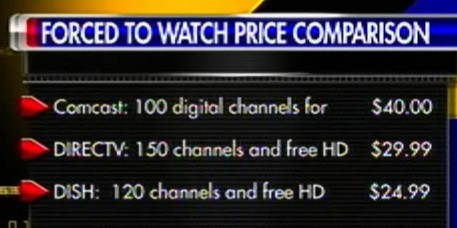 Virgin Mobile has hit a roadblock trying to introduce its new $40 unlimited Broadband2Go service that was due to launch today. It turns out the company cannot figure out how to update its computer systems to accept and properly bill the new unlimited service.
Virgin Mobile has hit a roadblock trying to introduce its new $40 unlimited Broadband2Go service that was due to launch today. It turns out the company cannot figure out how to update its computer systems to accept and properly bill the new unlimited service.
The prepaid division of Sprint issued a sheepish apology on the company’s Twitter feed postponing the introduction of the new service, now promising a launch “within the next two days.”
The launch failure by the prepaid provider comes after considerable press attention about the introduction of the new unlimited plan and yesterday’s press release heralding unlimited mobile broadband that nobody can actually buy.
The result has been customer confusion and accusations of “bait and switch” advertising.
Stop the Cap! has received a number of e-mails that confuse the company’s old pricing, still on the website, with the new pricing still to take effect. Most believed the company was playing games with the word “unlimited,” thinking Virgin had actually limited the new “unlimited” plan to just 1GB of usage. But that’s the old usage-limited pricing.
Virgin Mobile customer service has not helped. Several of our readers called the provider which relies on an overseas call center. Those customer service representatives never heard of the company’s unlimited service plan and denied they had one.
Virgin Mobile’s social media outlets acknowledge the problems, telling readers their customer service department cannot accept new orders or activations. That has sparked some negative comments, especially on the company’s Facebook page.
We recommend consumers avoid signing up for the service until the unlimited plan appears on Virgin Mobile’s website. We also recommend you stay away from phone activations — Virgin Mobile’s overseas customer service agents do not inspire confidence. Some customers who jumped the gun and “topped-up” their Virgin Mobile accounts now find they are paying for Virgin Mobile’s original pricing. Customer service will not apply funds to the new unlimited service until after the customer exhausts their current usage-limited plan.


 Subscribe
Subscribe






